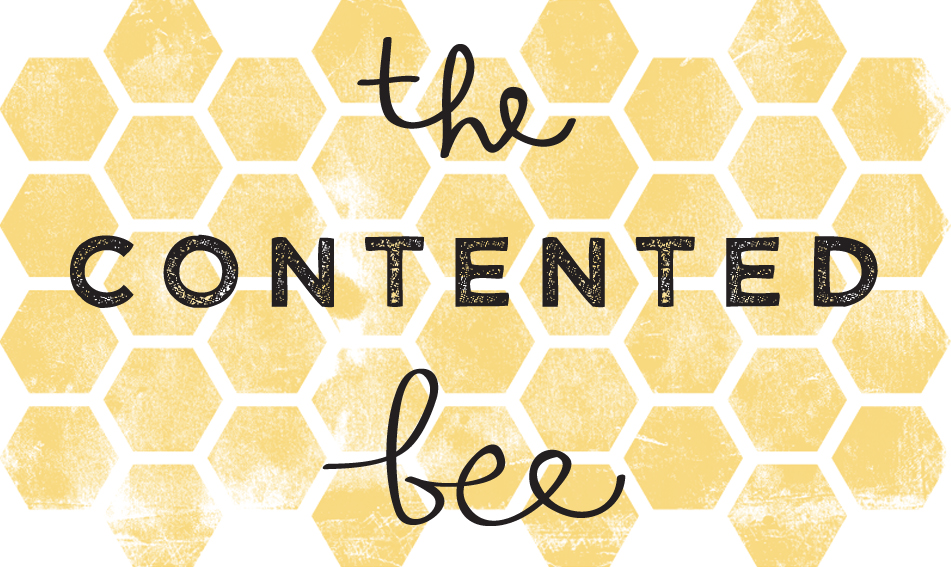We eat a lot of beans in this house. In soups, in salads, in tacos, on their own. Partly because they are delicious and come in so many types, but also because they are cheap and a great source of protein! As we have slowly made the switch to eating better produce (organic/local) and better meat (grass-fed/pasture-raised/free-range), I've tried to find ways to reduce our grocery budget in other ways so that we can afford better quality food overall. One of those ways has been incorporating more beans into our meals. I've found that I can buy better meat by buying/eating less meat and preparing more vegetarian meals. In order to fill our bellies with those meals, they often contain beans.
Beans in any form are cheap, which is lovely when you're working within a budget. However, dried beans are by far the most economical way of purchasing beans. While less convenient than canned, they are better for you because they don't contain BPA, which can't be said of their canned counterparts. Cheap and healthier?! Forget the convenience, both of those factors were enough to win me over!
Once I decided to make the switch to dried beans, I explored a few different options for preparing them. My favorite so far (for convenience and ease) has been the slow-cooker. It's a pretty slick process! Rinse them, soak them, add seasonings, turn on the Crockpot, come back a few hours later, and ta-da -- you've got beans!!!
I've always known that dried beans are cheaper, but this last week I took a few minutes to figure out just how much I saved. I bought about 2.25 lbs of organic black beans at my co-op for $2.39/lb, which totaled about $5.28. These dried beans produced about 14 cups of prepared beans. That's more than 7 cans of store-bought prepared beans. Without adding in the cost of the onion, garlic, bay leaves, and salt (which would be a very minimal addition), the cost per "can" of my prepared beans would be $0.78. The average cost of one can of non-organic black beans is about $1.00, and my beans were organic! The savings to make non-organic dried beans would be even more.
Dried beans give me a way to get organic beans into our bodies for less money and without BPA! I personally find these benefits far out way the time it takes to make them!
Slow-Cooker Dried Beans
2 lbs dried beans*
water
1 large onion, quartered
2 whole garlic cloves
2 bay leaves
1 tbs of salt (you may want to start with 1/2 tbs and go up from there)
Sort and rinse your beans. This step is important because it's very possible that you will find dirt, rocks, or other debris in your beans. Pour the rinsed beans into your slow-cooker and cover them with water. The water should be 1-2 inches above the beans. Let them soak for about 8 hours (I do this overnight). The long soak is very important for the nutritional aspect of the beans. Read more about this here.
In the morning, add the onion, garlic, and bay leaves. You may need to add extra water, if the beans have soaked too much of it up. Your water should still be covering the beans. Turn the slow-cooker on low and let it do it's thing for about 6 hours. You may want to stir it once or twice, if you're home. I find that this helps the beans cook more evenly (totally not necessary, though). After about 6 hours, start testing the beans for softness. You should eat 5-10 beans to see if they are all soft enough. If any are still hard, then you should keep cooking them. It's better to have a few mushy beans, then a few hard ones (trust me). Once they are done, add the salt, stir, and let them soak it in for a few minutes. Taste them again. If they are to your liking, then turn off the slow-cooker and let them cool.
Take out the onion, garlic, and bay leaves, and put the beans into freezable storage containers. I typically strain out 2 cups of beans, add some of the liquid back, and put them into quart-sized freezer bags, and lay them flat in the freezer. Eventually, I'd like to find some glass containers that would work well for that amount of beans without being too bulky for my little freezer. However, for now, freezer bags it is! Freezer bags also thaw very quickly in a bowl/sink of water. This is handy when you need them in a pinch.
When you're ready to use them, just take them out of the freezer, let them thaw, then drain them like you would a can of beans from the store.
*You can use any kind of beans (black, kidney, great northern, etc.) for this. However, the time in the slow-cooker may vary from one type to another. You may also find variations between brands of beans or even with your slow-cooker. Play around with it. Experiment!
How about you? Do you have any cost-saving tips for getting good food into your family's bellies for less?!
